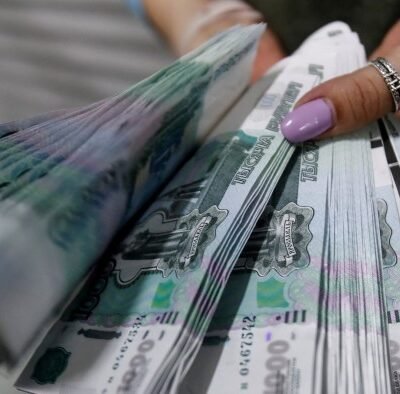When President Trump took office earlier this year and started imposing tariff after tariff, the stock market sank. But recently markets have been reaching new highs. And investors? They’re not just shrugging trade policy off. They’re increasingly reaching for the riskiest of investments. Junk bonds.
“I think investors have become a little bit more immune to all of the noise,” said Brian Rehling, head of global fixed income strategy at the Wells Fargo Investment Institute.
Even though the chaos is still chaos-ing, there hasn’t been much evidence of economic fallout. Inflation has ticked up a bit but is still fairly steady and low. Unemployment is too. Company earnings have been stable.
“Markets were expecting things to be a lot worse,” Rehling said.
And so, the markets have adjusted. Stocks have gone up. Meanwhile, thanks to President Trump’s embrace of digital currencies, the price of less traditional investments like crypto has gone up, too.
“So, if you want to continue making the bet, what else is left?” asked Paolo Pasquariello, a finance professor at the University of Michigan.
The answer: Junk bonds, said Pasquariello. Junk bonds issued by small companies that are new or struggling. High risk, potentially high reward. For Pasquariello, the rush, the frenzy to buy them can signal too much confidence in the market.
“That’s, to me, further evidence that the stock and corporate bond markets are becoming frothy,” Pasquariello said.
Frothy. The part that comes before a bubble. Because big picture, confidence in the market is not always about confidence in the economy. Many investors think short term, in months.
“I think a lot of these investors who are buying these bonds are not really expecting to hold them to maturity,” said Clifton Green, a finance professor at Emory University. “So, I don’t really view these as a bet that these companies are going to be around for generations as much as I think they won’t default and, and if they do, I think I’ll get a decent amount of my money back.”
Green said if investors see higher inflation or a pullback in consumer spending, they’ll likely start to ease off.





